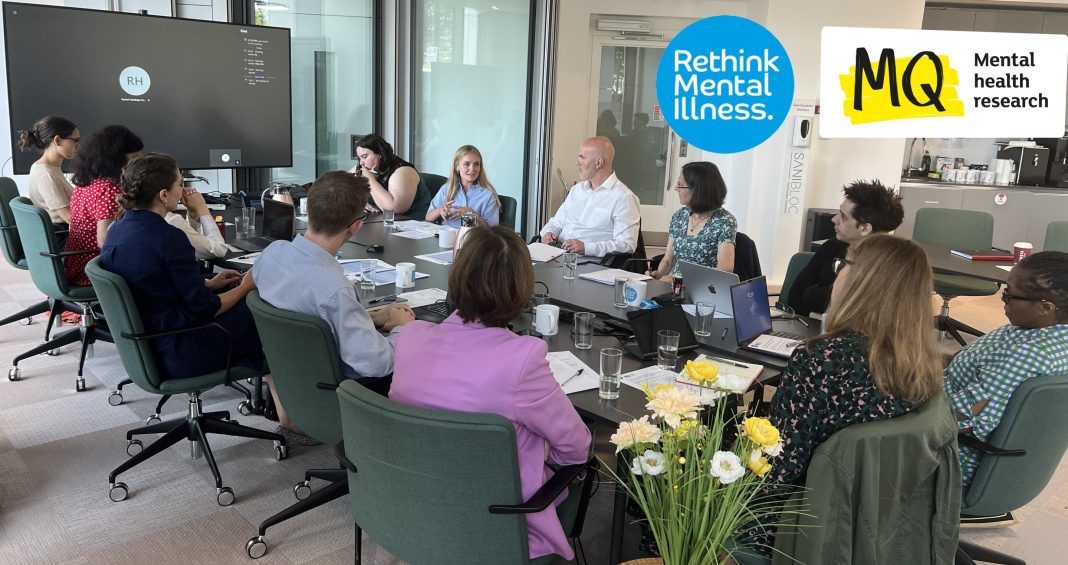3. Data is not the ‘new oil’
Richard Gardner, Government Affairs and Policy Manager for Johnson & Johnson Innovative Medicine, explained that one of the big challenges they have, as a global organisation conducting and funding commercial clinical research, is extracting usable data to inform clinical trial design and outcomes from healthcare systems such as the NHS.
People are rightly protective of their personal data and GPs are often the gatekeepers for accessing anonymised health records.
One reason for this is that many people feel their health data can not only make them vulnerable to discrimination, but that it is inherently valuable, and they do not want to see private investors profit from it.
The 2022 MindKind study found that young people are generally happy to have their data used to help others through research, but are fundamentally suspicious about sharing this data with governments or with private organisations, even if the data is anonymised.
Clearly more education is needed to reassure people that anonymised data cannot be used to discriminate against individuals, and that it can be truly valuable in research. This should be done in conjunction with safeguards to ensure data collection and storage is done safely.
Another barrier to utilising health data is that often data is collected and stored by public sector bodies such as the NHS, schools or local authorities. This is often held in unusable formats and it requires private companies to step in to collate.







